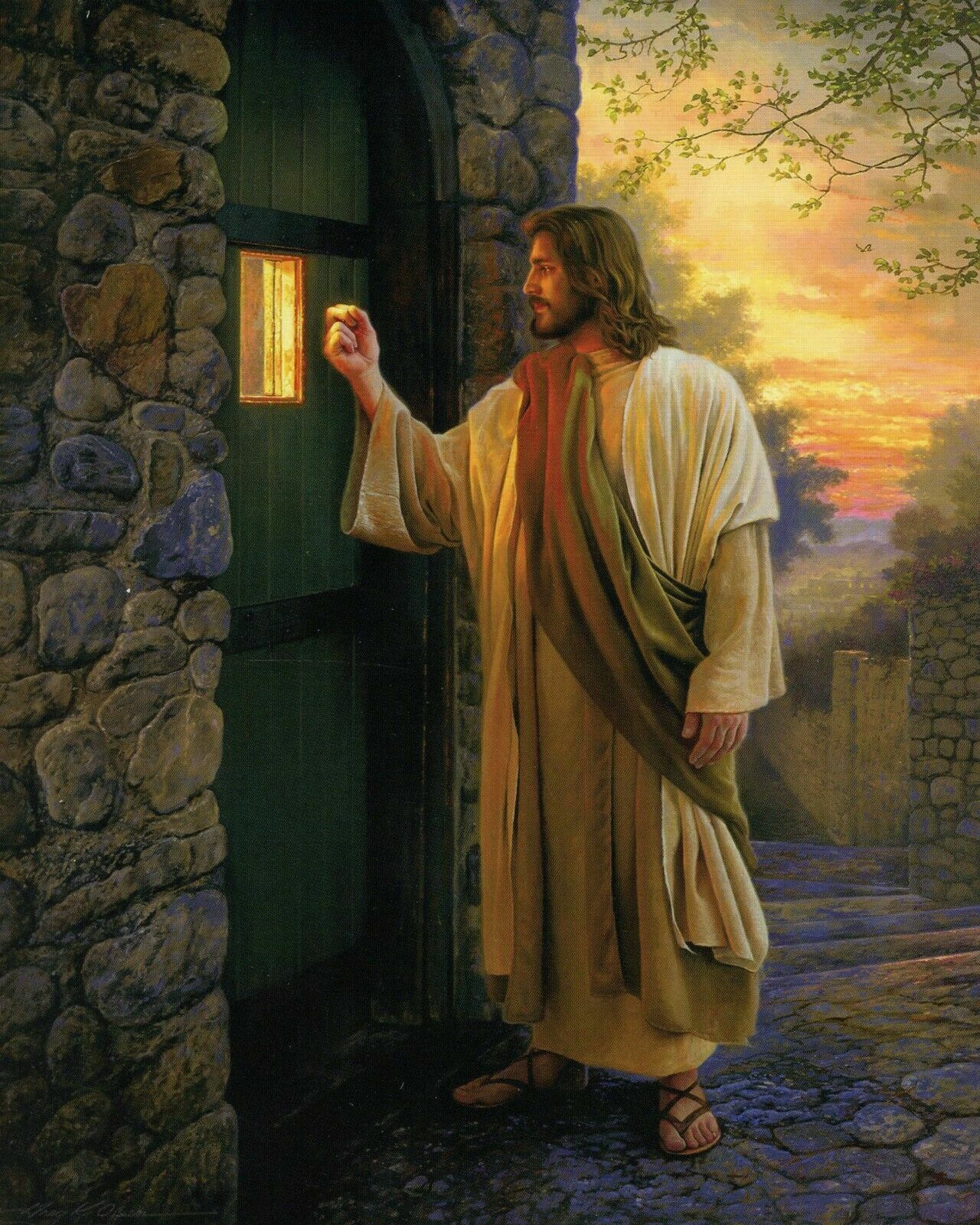In today’s gospel, Jesus separates the sheep from the goats – in principle – with one simple line: “If you love me you will keep my commandments” (Jn 14:15). We can infer that those who don’t, won’t. Since this fundamental precept is the difference in one’s eternal destiny between Heaven from Hell, it’s imperative that we understand what He means by “my commandments.” After all, most people think of the Old Testament when they think of commandments.
The commandments of Jesus can be seen as a trifold unfolding:
1) The Old Testament. Since He said “the Father and I are one” (Jn 10:30), the OT Ten Commandments promulgated by the Father are Jesus’ commandments, which are the natural law and meant for all people of all times (not just ancient Israel).
2) The New Testament. The commandments clarified by Jesus, particularly as He taught in the Sermon on the Mount (Mt ch. 5-7); as well as His disciples reflecting this in the NT epistles.
3) The Church. These commandments as formulated by Christ’s body the Church led by the Holy Spirit: i.e. Moral doctrine, along with the precepts of the Church.
Therefore, the trifold nature of Jesus’ commands are unfolded in the Old Testament, New Testament, and Church – as commandment, clarification, and formulation respectively – promulgated by the Father, the Son, and the Holy Spirit.
This means unfulfillment in this life and the everlasting fires of Hell await those who knowingly choose to follow the world’s moral commands rather than Jesus’ – some of the more popular ones being “You shalt cohabitate before marriage,” “You shall lie to get ahead,” “You shall abort your child if you’re ‘not ready’ for Him”, and for Catholics “You shall do your own thing instead of attending Mass every Sunday.”

